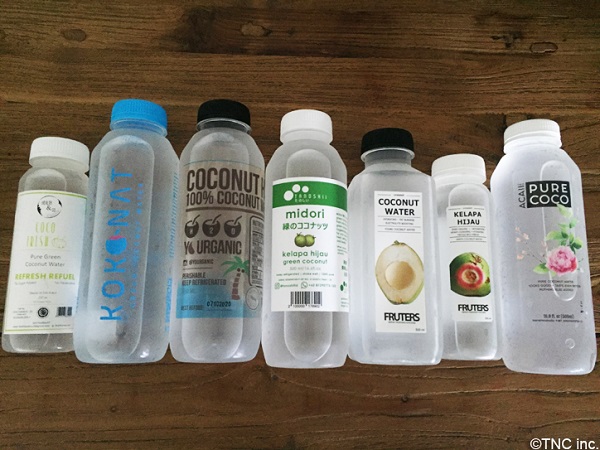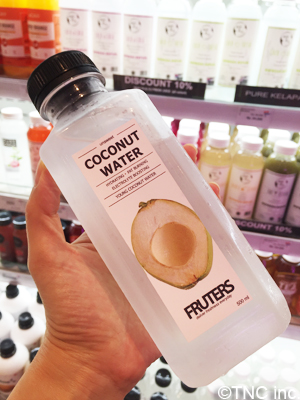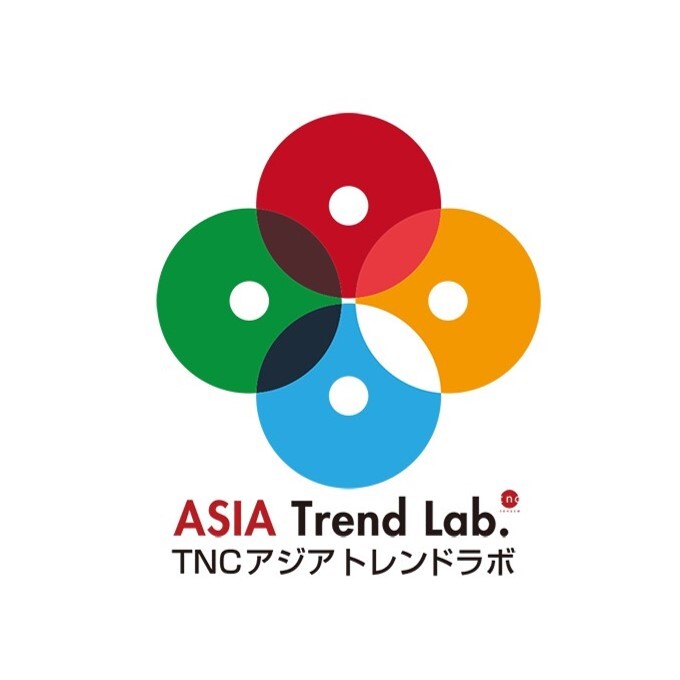[Indonesia] Coconut Juice in Plastic Bottles is Popular! Coconut juice in plastic bottles is very popular!
- Release date: Dec 11, 2020
- 4634 Views

Another reason for its popularity is that it is readily available in supermarkets and online.
Coconut juice has been drunk in Indonesia for a long time, but with the Corona disaster, fresh coconut juice in PET bottles is attracting attention and becoming a boom.Coconut juice is generally drunk by making a hole in the coconut with a chisel, inserting a straw, and drinking it directly. However, with the progress of urbanization, it has become difficult to obtain coconuts on the streets of Jakarta. However, as urbanization progressed, it became increasingly difficult to find coconuts on the streets of Jakarta, and they were also heavy and inconvenient to carry around, and difficult to make holes in by oneself. In response to this problem, fresh coconut juice in plastic bottles, which can be easily purchased at supermarkets or online, has been introduced.
Fresh coconut juice in plastic bottles has been attracting attention since around 2019, but with the Corona disaster raising health awareness, many brands have entered the market and the number of products is increasing one after another. A search on Tokopedia, Indonesia's largest online shopping site, yields more than 1,800 products. Coconut juice in plastic bottles has become a staple item in the soft drink section of any supermarket. Coconut juice in plastic bottles averages around 300 yen per bottle, which is a very expensive drink considering the cost of living in Indonesia. The popular "Fruiters" product is priced at 36,000 rupiah (about 256 yen).

Plastic Bottles Solve the Coconut Shelf Life Problem
One of the reasons behind the popularity of fresh coconut juice in PET bottles is the growing health consciousness and the fact that young people who have been exposed to foreign cultures have started to reevaluate the traditional food and culture of their own countries. In addition, coconuts had a short shelf life of 4 to 6 days after the fruit was cracked, making it difficult to distribute the juice, but the problem was solved by making it into a PET bottle beverage, making distribution possible. Other factors include changes in social conditions, such as rising incomes, the development of cold chains, and the spread of online and delivery app purchases. This article is co-authored by TNC Lifestyle Researcher (http://lifestyle.tenace.co.jp/) and Intage's Global Researcher. Translated with AI Translator-

Author profile
TNC ASIA Trend Lab
TNC ASIA Trend Lab is an information organization run by TNC Inc. that researches and shares trends in Asia. It supports corporate marketing activities by finding insights from trends rooted in the lifestyles and habits of local consumers.
http://tnc-trend.jp/ -

Editor profile
Intage Inc.
 Global Market Surfer
Global Market Surfer CLP
CLP